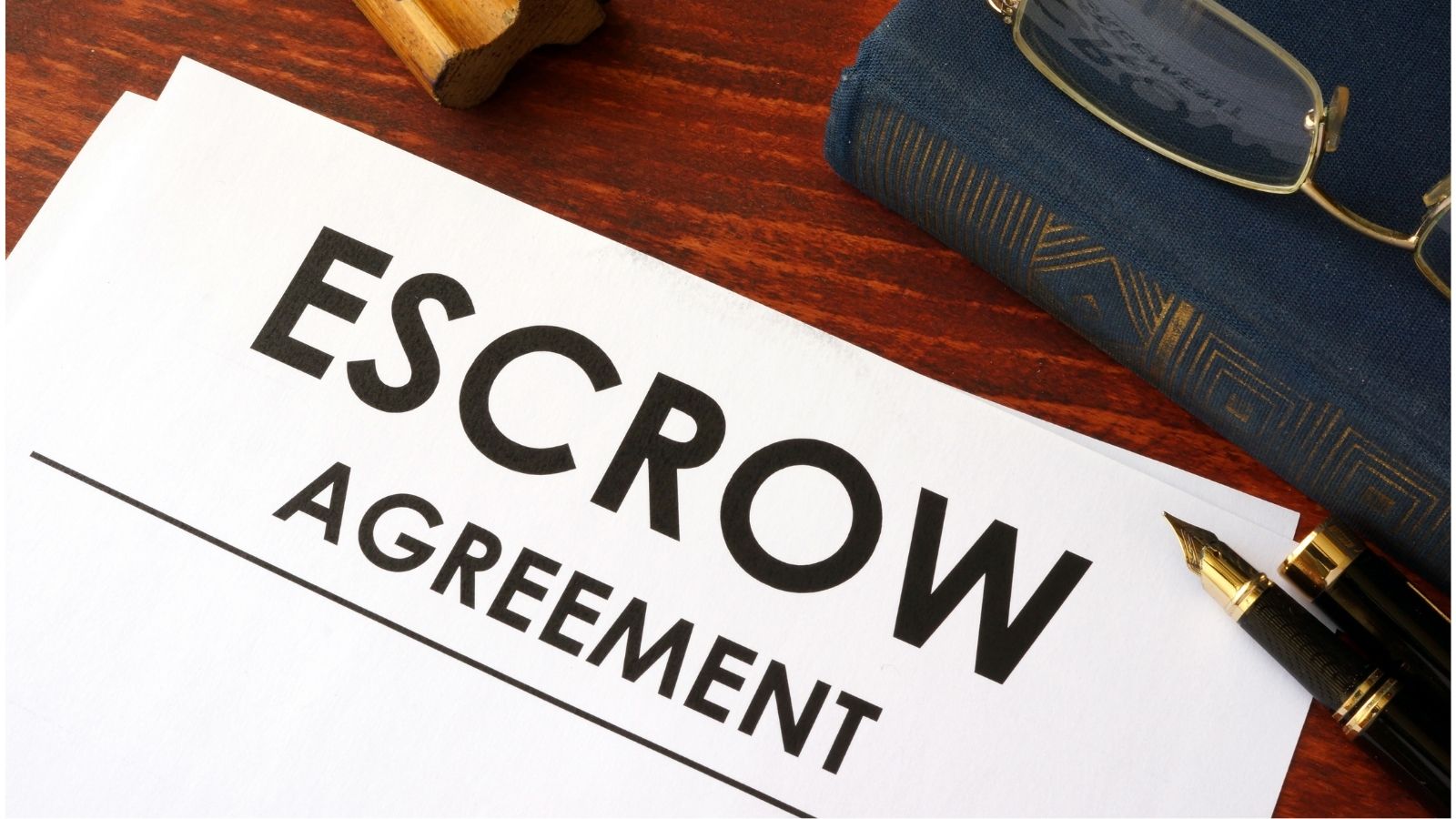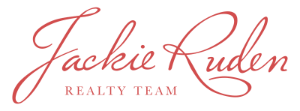Home buying can be an expensive process. Buyers need to have enough money set aside to be able to afford a down payment on the house that they want. They will also be responsible for paying closing costs and other fees before the sale has been completed.
Escrow is one of those expenses. Funds are deposited into an escrow account by an escrow or title agent. Those funds are used for the home purchase.
Buying a house in Utah can take time. The entire process may not be completed for several weeks or months, even if you have a highly motivated seller. There are certain steps that need to be taken and different people that will be involved in some stages.
You may also encounter unexpected delays or issues. You should still be able to accomplish your goal of homeownership in most instances. Patience, persistence, and a proactive plan of action can help you succeed.
Here are a few commonly asked questions about escrow:
1. Why are escrow accounts opened?
Escrow accounts are usually opened to show the seller that the buyer wants to buy their home. Escrow money is sometimes referred to as earnest money.

The earnest money or escrow deposit is usually required within five business days from the day that the purchase agreement has been signed. Escrow money is held in the escrow account until after the transaction has been completed.
2. How much money is required for escrow?
Escrow amounts can vary from one home sale to another. Most escrow accounts usually contain money that’s equal to about one or two percent of the house’s sale price. The funds are typically applied to closing costs and/or the down payment.
3. Are escrow accounts mandatory?
The majority of home sales have escrow accounts established. However, they are not required by law. You can save money in the long run with an escrow account since they are applied toward your down payment and closing costs. If there are any excess funds in the account. That amount is refunded to the home buyer. Any extra amount over $50 will be returned.

4. What is a mortgage escrow?
A mortgage escrow is different from a standard escrow account. Mortgage escrows are included in many home loans. In this situation, mortgage lenders receive additional money besides the usual monthly mortgage payments.
Those added funds are put into an escrow account to pay for the home buyer’s property tax and home insurance premiums. Borrowers can pay up to 1/12 of their home insurance and property tax payments with this kind of escrow. The exact amounts can differ according to the sale and any fluctuations in property taxes that are assessed.
5. Can I pick my escrow agent?
Homebuyers can typically select the escrow or title agent that they want to work with. The home seller has to agree on the agent that the buyer has chosen.

Feel free to research and interview different title and escrow agents until you find one that best meets your needs. You can ask for references and read reviews and ratings made by previous customers to help you make a decision.
6. What happens if the deal falls through?
If the seller backs out of the agreement, the escrow funds would be returned to the buyer. Escrow funds would be given to the home seller if the buyer decides without cause not to continue with the sale arrangement.
Any agreed-upon clauses or conditions in the purchase agreement that aren’t met (such as a home inspection or appraisal, for example) would allow the buyer to receive the money that they put into an escrow account.
7. What’s an escrow holdback?
An escrow holdback is another kind of escrow account that is only used in certain circumstances. They are typically used in sales of homes that need repairs or renovations that the home seller has taken responsibility for.

If the required changes aren’t made by the closing date, part of the sale price that’s kept in an escrow account may be held back until the required work is finished. The home seller won’t receive the full price of their home that was included in the purchase agreement if those items aren’t completed.
8. What happens to escrow accounts at closing?
Your escrow or title agent will apply the money placed into the escrow account towards your closing costs or down payment at closing. If the seller decides to pay the closing costs instead, the seller would receive their escrow money back. Any extra money put into the escrow account that wasn’t used will also be refunded to the home buyer.
Mortgage escrows are used to cover property taxes and home insurance premiums. They are also used as a reserve to cover about two months of insurance and property taxes on average. The respective insurance and property tax fees are paid at closing. Funds are usually distributed by check or wire. No cash payments are made.
Escrow accounts can protect lenders in the event of default. They can also protect home buyers and home sellers and ensure that certain legal requirements have been satisfied during the course of the sale transaction. An escrow is an important and essential part of most home sales today.
Conclusion
If you have questions or concerns about escrow accounts, you can talk to your mortgage lender or real estate agent. They can help you understand what to expect. You can also start saving for this and other home-related expenses as soon as you’ve decided that you want to purchase a particular house.
Set aside a certain dollar amount or percent of each paycheck to put towards your goal. You can even develop a calendar or spreadsheet to track your progress and make any necessary changes along the way.

The escrow will be paid and all final documents will be signed and filed at closing. The seller will receive their payment for the net proceeds, and you’ll be given the keys to your new house!
You can move in whenever you’re ready. It won’t be long until you can start making lasting memories with valued family members and friends in a great place that you’ll be proud to call home.
Contact Jackie Ruden Realty Team
Give us a call today at (435) 272-7710 to set up a time to discuss your current and future real estate goals in regards to buying a home or buying a property in trust. We look forward to working with you to make your goals a reality.





